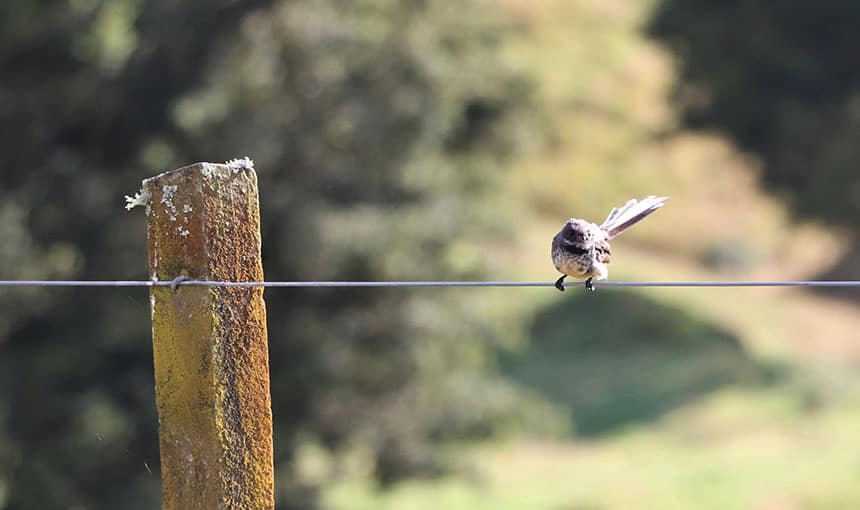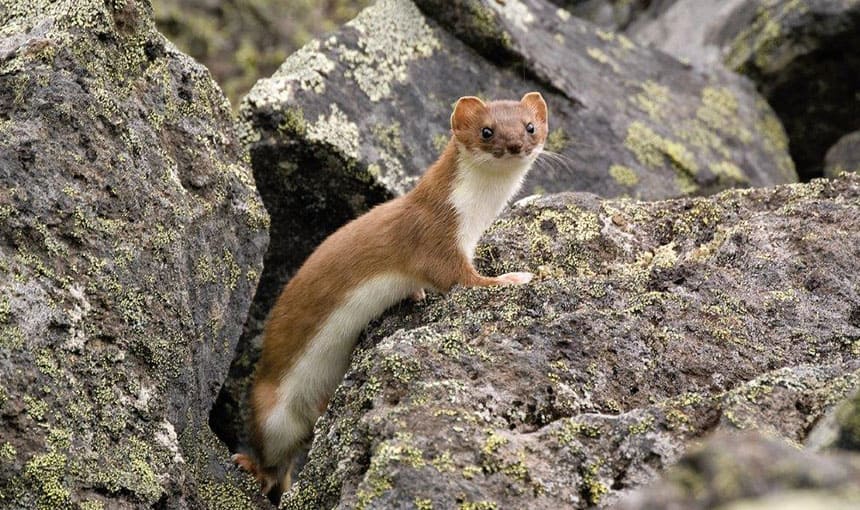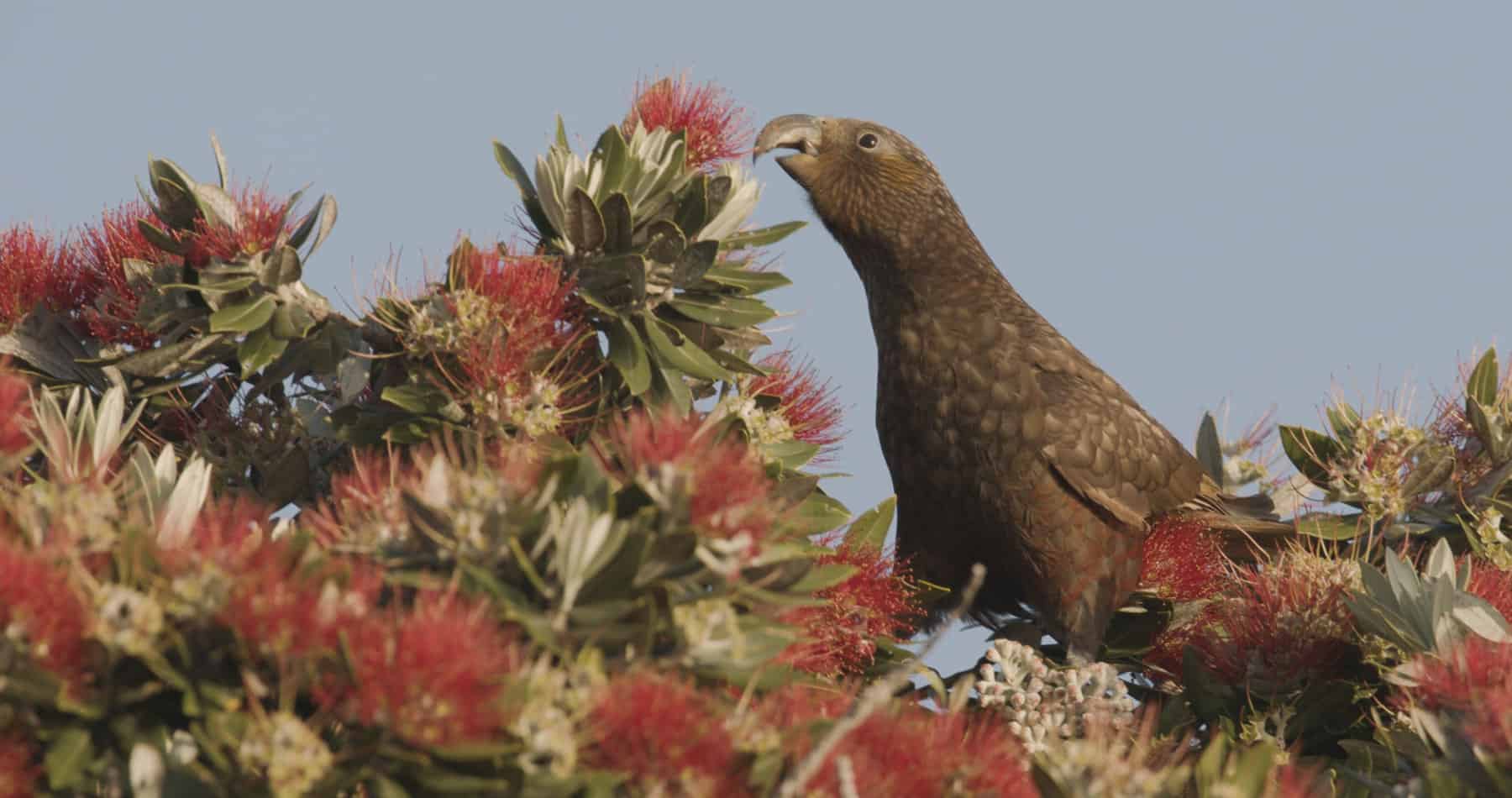High-Tech Solutions To Invasive Mammal Pests
This research team is helping to develop targeted, next-generation, socially acceptable and cost-effective new technologies to achieve landscape-scale freedom from rats, stoats and possums.
Overview Te Tirohanga Whānui
The ability to cost-effectively keep these pests that threaten our biodiversity at zero density will be transformational for Aotearoa New Zealand conservation. This BioHeritage Challenge project, led by Associate Professor James Russell of the University of Auckland, supports the scaling up of current efforts to eradicate pests by accelerating the provision of improved tools, methodologies and strategies for mammal pest control.
Read this project’s Predator Free New Zealand Bioethics Report, released May 2019
There is a formal national collaboration between this project, Predator Free 2050 and Genomics Aotearoa, with a research focus on the population genomics of New Zealand rats and science strategy for a Predator Free New Zealand.
These collaborations are helping the project team to complete a comprehensive report on the status of new pest control tools that are close to market in New Zealand. The report will facilitate stakeholder engagement, encourage early adoption and leverage private sector investment.
A bioethics panel is being facilitated as part of the project, with the cross-section of representatives working on an independent report on the social, cultural and ethical issues relating to a predator free New Zealand. The report will incorporate Māori perspectives towards modern pest control initiatives.
Articles about this research have been published in high-impact publications such as TREE and PLOS Biology, and the project also featured in the NetFlix docuseries Unnatural Selection (E3: Changing an Entire Species).
The project contributes to the BioHeritage Challenge’s goal of creating a world-class biosecurity system for Aotearoa.



